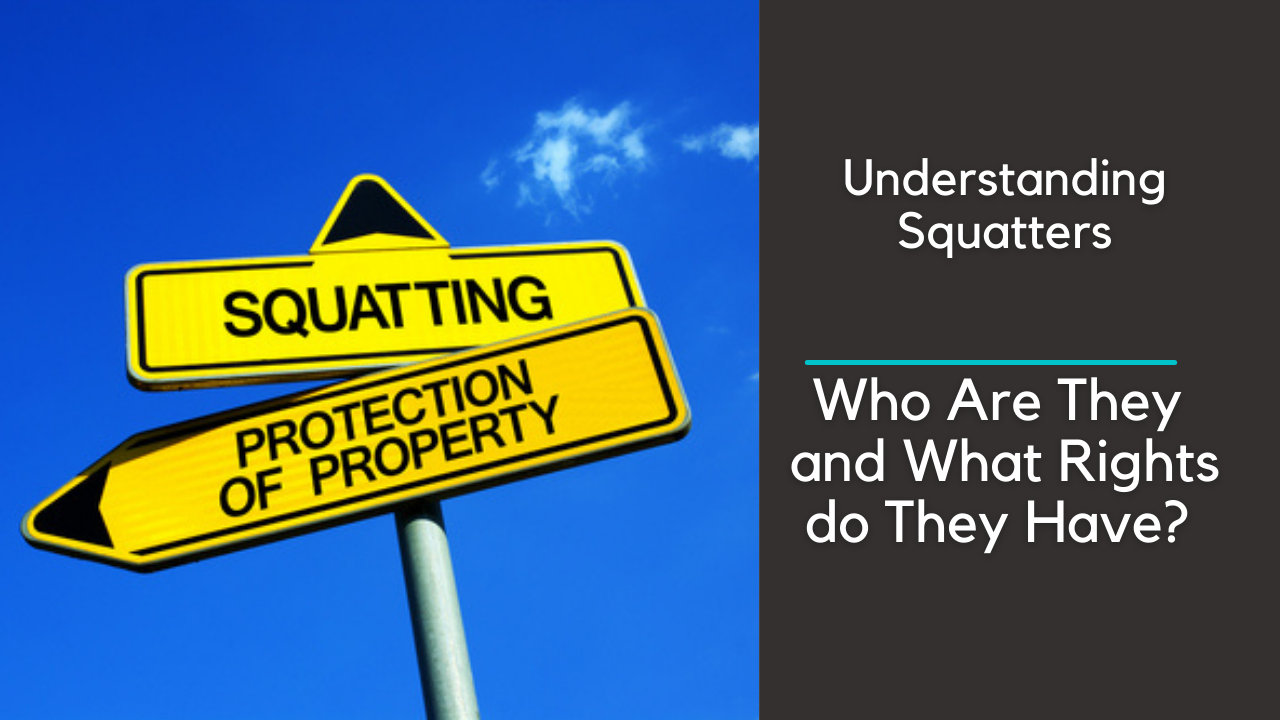On October 31, 2023, authorities in Gainesville, Florida, received reports regarding squatters occupying a county-owned hotel that was currently undergoing renovations to be converted into a homeless shelter. Upon their arrival, they discovered that nearly twenty individuals had taken control of the hotel.
These squatters had removed locks from utility boxes, uncovered windows previously boarded up with wood, and established makeshift homes within the premises. Source: NY Post
This situation is not unique to Gainesville or even the United States; it is a widespread issue seen both nationally and internationally. So, what exactly are squatters, and why is this phenomenon occurring?
When we reflect on the concept of "home," it typically invokes feelings of ownership, personal space, and sanctuary. However, what if someone you are unfamiliar with decides to inhabit your property without your permission? This introduces us to the world of squatters.
What is a Squatter?
A squatter is a person who occupies a building or land without the permission of the owner and without a legal claim or title. The motivations behind squatting can vary widely – from homelessness and poverty to political activism or opportunism.
How Do Squatters Differ from Trespassers?
While it might seem that squatters and trespassers are synonymous, there is a crucial difference. Trespassers enter a property with an intent to leave, whereas squatters intend to stay. Over time, in certain jurisdictions, if squatters occupy a property continuously and openly without the legal owner's intervention, they may gain legal rights to the property through a concept known as "adverse possession."
Adverse Possession: A Pathway to Ownership?
Adverse possession is a complex legal doctrine that has its roots in ancient laws. The principle is that if a squatter occupies a property for a specified period and meets certain criteria, they may gain legal ownership. This is not a quick or straight-forward process, and conditions differ from one jurisdiction to another.
Some general criteria for adverse possession include:
1. Hostile Claim: The squatter must occupy the land without the owner's permission.
2. Actual Possession: The squatter must be physically present and treat the property as if it's their own.
3. Open and Notorious: Their possession must be obvious and not hidden.
4. Continuous Possession: The squatter must occupy the property continuously for the period specified in that jurisdiction.
5. Exclusive Possession: The squatter cannot share possession with strangers or the actual owner.
It's essential to note that not all jurisdictions recognize adverse possession, and where it is recognized, the criteria and timeframes can differ significantly.
Why Would Someone Squat?
Several reasons can drive someone to squat:
1. Economic Hardship: With rising house prices and economic disparities, some find squatting the only viable shelter option.
2. Political Activism: Squatting can be a form of protest against property laws or perceived social injustices.
3. Opportunism: Some see an opportunity to claim unoccupied properties, especially in areas where adverse possession laws exist.
How Property Owners Can Protect Themselves
Understanding squatters' rights also means understanding how to protect your property:
1. Regularly Monitor Property: Periodically check any property you own, especially if it's vacant.
2. Quick Action: If you discover a squatter, consult with legal counsel and act swiftly.
3. Explicit Notices: Post "No Trespassing" signs and make it clear that unauthorized occupation is not allowed.
4. Legal Documentation: Ensure that you have all your property documents in order,
making it easier to prove ownership.
Squatters' rights, though controversial, have a long-standing history in property law. The principle strikes a balance between rewarding those who use and maintain land and penalizing neglectful owners.
Whether you're a property owner or someone interested in property laws, understanding squatters' rights is crucial in today's evolving real estate landscape.
Concluding thoughts on this section.
Squatting presents a multifaceted issue that can be examined from various perspectives, encompassing both compassion for those facing dire circumstances and the frustration experienced by property owners. Regardless of one's viewpoint, comprehending the rights and procedures associated with squatting is essential. Staying well-informed is the most effective approach to tackle this intricate problem, whether it's to protect one's property or to empathize with individuals in challenging situations.
At this juncture in our conversation, it's important to address the topic of insurance. In many instances, squatters can cause substantial damages, often totaling thousands or even hundreds of thousands of dollars to properties. With the increasing prevalence of squatters, it becomes even more critical to have comprehensive insurance coverage in place, including protection against vandalism.
If you are unsure if you have the proper insurance coverage, contact our office and we are happy to review the policy with you. Additionally, it’s imperative for you to have Management One listed as an additional insured so that we can advocate on your behalf.
Understanding Squatters: Who Are They and What Rights Do They Have?
Tuesday, November 7, 2023









 Resize.jpg)












